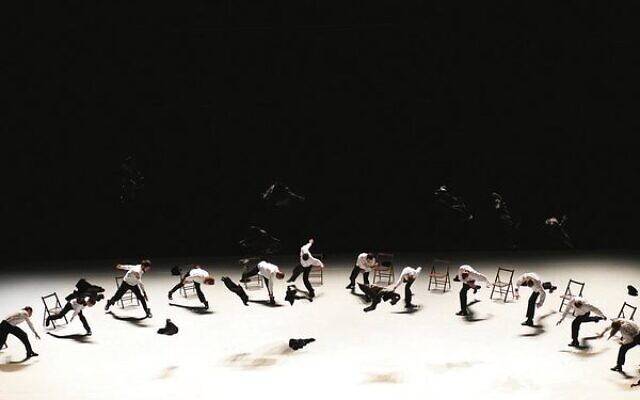Losing the narrative battle as slurs, boycotts are normalised
The Sydney Festival Board refused to hand back the $20,000 to the Israeli Embassy but has that helped the public conversation?
The public debate around the Sydney Festival boycott has been a turning point for the worse for Israel advocacy in Australia.
We may pat ourselves on the back and celebrate the festival board refusing to cave in and hand back the $20,000 to the Israeli embassy, or the fact that the performance it funded, Decadance, received rave reviews.
But these are hollow victories in light of the bigger picture that sadly, the pro-boycott voices were the ones who drove the public conversation.
The volume of coverage the boycott attracted, much of it misinformed and/or lacking in context, has normalised the idea that accepting a grant from Israel can be controversial.
It shouldn’t be. Cultural funding from other governments is standard practice. No one batted an eyelid when China – through its state-owned China Southern Airlines – sponsored the Sydney Festival from 2013 to 2020. And Israel is a staunch ally of Australia.
Even Sydney Festival chairman David Kirk said it is “typical” policy.
It didn’t help that confusingly, Kirk also saw fit to apologise for following said “typical policy”, and in so doing – whether intentionally or not – providing a de facto acknowledgement that those promoting the odious boycott might have a legitimate grievance.
Exactly how a minor grant to stage a dance performance created a “culturally unsafe” environment was never challenged. Those driving the boycott sought to convey the message that their call for exclusion was actually about inclusion – and they largely succeeded.
With the good fortune of the timing – the festival and boycott happened at a time of year when many Jewish organisations were not fully staffed – their narrative was able to gain traction.
Claims of “art-washing” filled social media even though a reluctant, cash-strapped Israeli embassy only committed the funding when asked, and in doing so actually helped local artists struggling after two years of the pandemic.
Falsehoods like “apartheid”, “colonialist” and “ethnic cleansing” often went unchallenged in left-leaning media. Few outlets carried the story of Hamas’ endorsement of the boycott.
Op-eds did appear in various media slamming the boycott, while several high-profile figures, including politicians, praised Decadance.
Much of it, however, with the exception of a strong piece by the Executive Council of Australian Jewry’s Alex Ryvchin that appeared in the Sydney Morning Herald in December, ran in conservative media.
Decadance was meant to show that there is much more to Israel than the nation engaged in conflict that is often presented in the news.
Sadly, the lopsided debate over the past month has only cemented that perception.


comments